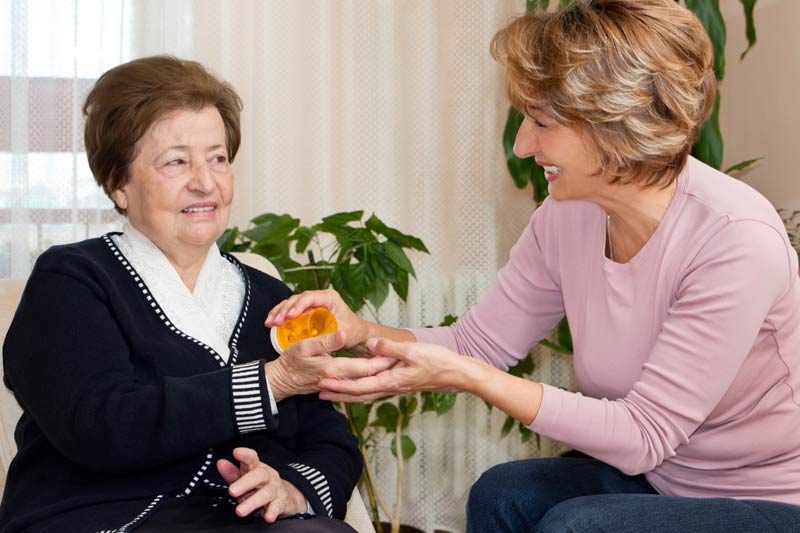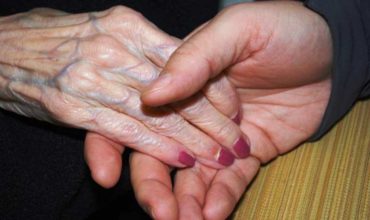November is National Caregivers Month. It is a time to acknowledge the important role that family, friends and neighbors play in caring for sick, elderly and disabled friends and relations. According to the Family Caregiver Alliance, a caregiver refers to “anyone who provides assistance to someone else who is, in some degree, incapacitated and needs help: a husband who has suffered a stroke; a wife with Parkinson’s disease; a mother-in-law with cancer; a grandfather with Alzheimer’s disease.” Caregivers offer a range of services, including emotional and spiritual support, assistance with financial matters, transportation and home- and health-related services.
Family caregivers provide an estimated $450 billion worth of uncompensated care to loved ones annually.
In addition, according to the Family Caregiver Alliance, unpaid family caregivers will likely continue to be the largest source of long-term care services in the U.S. Given the statistics on the increase of the older population and rates of illness among older adults, a high number of people in the U.S. will likely take on caregiver responsibilities and experience a range of repercussions related to the time, activities and money that they must allot to caregiving.
Who are Caregivers in the U.S.? Selected Caregiver Statistics:
The following statistics offer more information on caregivers and reveal trends regarding the characteristics of caregivers in the U.S.
- 65.7 million caregivers make up 29 percent of the U.S. adult population providing care to someone who is ill, disabled or aged.
- More women than men are caregivers. An estimated 66 percent are female. One-third (34%) takes care of two or more people, and the average age of a female caregiver is 48.
- While caregivers can be different ages, the average age of caregivers is 48 years; about 51 percent of caregivers are between the ages of 18 and 49.
- Many caregivers of older people are themselves older adults. Of those caring for a person age 65 plus, the average age of caregivers is 63 years with one third of these caregivers in fair to poor health.
AoA Programs that Support Caregivers
Since 2000 AoA has funded the National Family Caregiver Support Program (NFCSP). This program provides grants to States and Territories to fund a range of supports that help family and informal caregivers to care for their loved ones. The NFCSP offers numerous services including information to caregivers on available services, individual counseling, organization of support groups, caregiver training and respite care. AoA also funds the Lifespan Respite Care Program (LRCP). Congress authorized this program in 2006 through the Lifespan Respite Care Act. This program seeks to expand and enhance respite services in states. This year Congress is considering reauthorization of the LRCP.
In addition, AoA funds the Eldercare Locator available at http://eldercare.gov. This website links caregivers and older adults to local area agencies on aging and other local organizations that provide assistance on elder care.
Action Ideas to Celebrate Caregivers in November
What can you do to recognize caregivers during National Caregivers Month? Below are a few action ideas to celebrate caregivers in November and throughout the year:
- Recognize caregivers in your community, in your organization and in your family. Host a get-together to honor caregivers in your family and/or community.
- Locate a community care center or community space and organize a Caregivers Count awareness event.
- Attend local town hall meetings and ask your representative what s/he is going to do to promote legislation that will help businesses develop more family-friendly caregiver policies.
- Send an e-card to a caregiver. AoA offers free e-cards for caregivers.
- Post on Facebook that November is National Caregivers Month and encourage your network to acknowledge caregivers in their families and communities.
- Tweet about the importance of caregivers and resources available to caregivers. Below are organizations and programs that offer assistance to caregivers.
America depends on caregivers. Let’s show our support and appreciation for their good work and achievements.
Administration on Aging – Department of Health & Human Services






